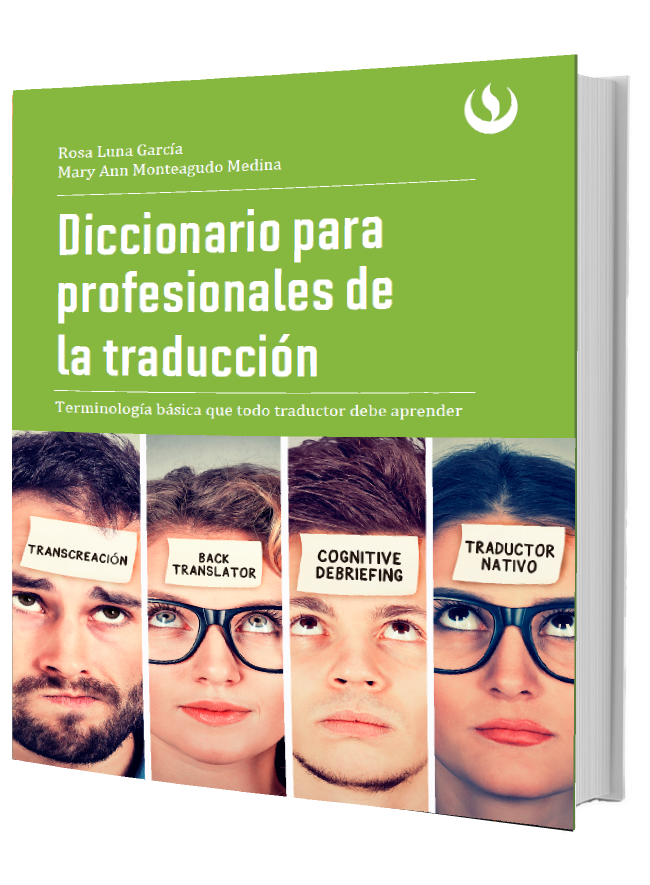Reflections on Terminological Methods in Translation Contexts: What is Lost in the Work with Computing Tools?
DOI:
https://doi.org/10.17533/udea.mut.v12n1a11Keywords:
terminological methods, terminotics, corpus linguistics applied to translation studies, terminological scenarios, translation assignmentAbstract
The methodological principles of terminology work from a linguistic and textual point of view are well established since the last two decades. There is not a unique methodological approach in the field of terminology, since what we call in this paper terminological scenarios can lead to different methodological pathways and stages –e.g. a compilation of neologisms found in newspapers, the compilation of a glossary for translation purposes, or a standardized glossary in a technical environment.
The diversity of terminological scenarios also points to a variety of tools that are available for the terminologist: database management systems, text alignment tools, concordance programs, assisted and automatic translation tools, terminology detection systems, definition extraction systems, etc. A terminologist facing any given scenario must choose the appropriate set of tools.
In this article, we pose a series of methodological questions about terminology work: although computing tools allow the researcher to deal with big data volumes, being more consistent, and allow him/her to validate hypothesis in a more objectively way, what other important things are left behind when is the tool, and not the researcher, who extracts evidences and presents results? We will answer to the following questions: in this process, are relevant data left behind? In which stages, specifically? Which type of data are lost and what impact do they have on the research goals? Besides data, which other aspects of the methodology can be affected? Since this research is done in a translation context, in the conclusions we will project the consequences of these reflections on the teaching-learning of terminology in translation programs.
Downloads
References
Bernardini, S., Steward, D., Zanettin, F. (2007). Corpora in translator education: an introduction. In Corpora in Translation Education. Zanettin, F, Bernardini, S. and Steward, D. (eds). Beijing: Foreign Language Teaching and Researching Press, 1-14.
Cabré, M. T. (1999). La terminología. Representación y comunicación. Barcelona: Institut Universitari de Lingüística Aplicada, Universitat Pompeu Fabra.
Cabré, M.T. (2003). Theories of Terminology. Their Description, Prescription and Explanation. Terminology, 9(2), 163-199.
Cabré, M. T., Estopà, R. (2005), Unidades de conocimiento especializado: caracterización y tipología, en Cabré, M. T.; Bach, C. (ed.) Coneixement, llenguatge i discurs especialitzat, Barcelona, Institut Universitari de Lingüística Aplicada, Universitat Pompeu Fabra.
Corpas Pastor, G. (2012). Corpus, tecnología y traducción. M. Casas Gómez, dir. y M.ª García Antuña, ed. XII Jornadas de Lingüística. Cádiz: Servicio de Publicaciones de la Universidad.
Estopà, R. (2001). Extracción de terminología: elementos para la construcción de un extractor. Tradterm, 7, 225-250.
Freixa, J. (2005). Variación terminológica: ¿Por qué y para qué? Meta: Journal des traducteurs, 50(4).
Hu, K. (2018). Introducing Corpus-based Translation Studies. New York: Springer.
Malamatidou, S. (2018). Corpus Triangulation. Combining Data and Methods in Corpus-Based Translation Studies. Londres: Routledge.
Pearson, J. (2003). Using Parallel Texts in the Translator Trainning Enviroment. In Corpora in Translator Education. Zanettin, F, Bernardini, S. and Steward, D. (eds). Manchester: San Jerome, 15-24.
Rodríguez-Inés, P. (2017). Analysis of the Translation Competence corpus from PACTE´s experiment. In Researching Translation Competence by PACTE Group. Amparo Hurtado Albir (ed). Amsterdan: John Benjamins, 243-268.
Tebé, C. (2006) La representació conceptual en terminologia: l’atribució temàtica als bancs de dades terminològiques. Editorial: Institut Universitari de Lingüística Aplicada, Universitat Pompeu Fabra. (Sèrie Tesis, 15). Barcelona: IULA, 2006.
Vila Barbosa, M. (2013). Corpus especializados como recurso para la traducción: análisis de los marcadores de la cadena temática en artículos científicos sobre enfermedades neuromusculares en pediatría. Onomázein,(27), 78-100.
Wang, K (2004a). A parallel corpus: research and application. Beijing: Foreign Language Teaching and Researching Press.
Wang, K (2004b). The use of parallel corpora in translator trainning. Computer-assisted Foreign Language Education 6, 27-32.
Zanettin, F. (1998). Bilingual comparable corpra and the trainning of translators. Meta 4, 616-630.
Published
How to Cite
Issue
Section
License
Copyright (c) 2019 Mutatis Mutandis. Revista latinoamericana de traducción

This work is licensed under a Creative Commons Attribution-NonCommercial-ShareAlike 4.0 International License.
Aquellos autores/as que tengan publicaciones con esta revista, aceptan los términos siguientes:
- La revista es el titular de los derechos de autor de los artículos, los cuales estarán simultáneamente sujetos a la Licencia de reconocimiento no comercial sin obra derivada de Creative Commons que permite a terceros compartir la obra siempre que se indique su autor y su primera publicación esta revista.
- Los autores/as podrán adoptar otros acuerdos de licencia no exclusiva de distribución de la versión de la obra publicada (p. ej.: depositarla en un archivo telemático institucional o publicarla en un volumen monográfico) siempre que se indique la publicación inicial en esta revista.
- Se permite y recomienda a los autores/as difundir su obra a través de Internet (p. ej.: en archivos telemáticos institucionales o en su página web) antes y durante el proceso de envío, lo cual puede producir intercambios interesantes y aumentar las citas de la obra publicada.









